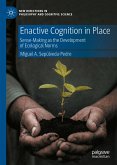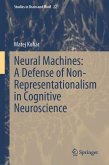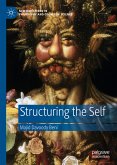This volume assembles supporters and critics of situated cognition research to evaluate the intricacies, prerequisites, possibilities, and scope of a 4E methodology. The contributions are divided into three categories. The first category entails papers dealing with a 4E methodology from the perspective of epistemology and philosophy of science. It discusses whether to support explanatory pluralism or explanatory unification and focuses on possible compromises between ecological psychology and enactivism. The second category addresses ontological questions regarding the synchronic and diachronic constitution of cognitive phenomena, the localization of cognitive processes, and the theoretical issue of mutual manipulability. The third category analyzes how the theoretical and practical commitments of 4E approaches lead to empirically supported investigations of different phenomena, such as research on affordances and (chronic) pain. The book renews attention to the possible adverse consequences coming along with methodical fragmentation, as found among 4E positions. It provides an overdue first step towards a systematic and positive answer to methodological concerns in situated cognition research. Without this and further steps in the future, the growth of 4E¿s significance for the scientific study of the mind might stall or even decrease. With such steps, situated cognition research could realize its frequently highlighted but so far not comprehensively accessed potential to change radically the modalities of how cognitive phenomena are studied. This volume is of interest to scholars of the philosophy of mind.
Dieser Download kann aus rechtlichen Gründen nur mit Rechnungsadresse in A, B, BG, CY, CZ, D, DK, EW, E, FIN, F, GR, HR, H, IRL, I, LT, L, LR, M, NL, PL, P, R, S, SLO, SK ausgeliefert werden.









